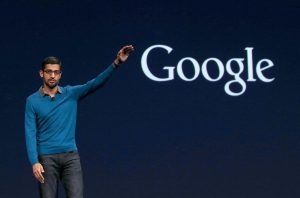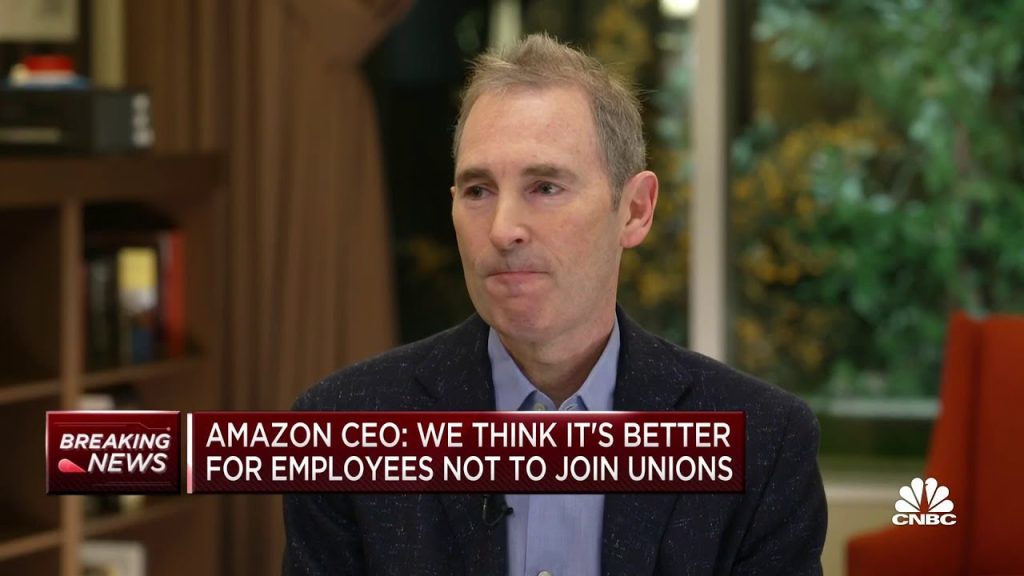In a recent interview on CNBC, Amazon CEO Andy Jassy made comments about unions that were cited in a complaint filed with the National Labor Relations Board. While a judge ruled that Jassy’s statement about unions making it tougher for employees to have direct connections with their managers was legal, he also found that Jassy violated labor law in other statements where he suggested that unionization would make employees less empowered and hinder their ability to get things done quickly. The judge concluded that Jassy’s words were coercive in nature and aimed at dissuading employees from supporting unions, a charge that Amazon plans to appeal.
Jassy made these controversial comments during various public appearances in 2022, including on CNBC Squawk Box, at the Bloomberg Technology Summit, and at the New York Times DealBook Summit. The Amazon Labor Union, which won a landmark union vote at the company’s Staten Island warehouse that year, filed charges against Jassy based on these statements. In his interviews, Jassy argued that unions create a more bureaucratic and slow-moving work environment that limits employees’ agency and relationships with their managers, a view that the judge found to be coercive and unsupported by objective fact.
If the ruling against Jassy is upheld, Amazon will be required to cease and desist from making similar unlawful comments about unions and post a notice at its facilities nationwide indicating that the company will not make coercive statements about unionization. Amazon has stated that they strongly disagree with the ruling and believe it restricts free speech rights. The case highlights the delicate balance corporate leaders must strike when discussing nuanced legal issues like unionization in public settings, where their words can be scrutinized and potentially used against them in legal proceedings.
The ruling against Jassy sheds light on the challenges faced by companies like Amazon in navigating labor relations and employee empowerment in the context of unionization efforts. The judge’s decision suggests that Jassy’s comments crossed a line by coercively dissuading employees from supporting unions and misrepresenting the impact of unionization on their agency and effectiveness in the workplace. Amazon’s response indicates their intention to challenge the ruling and defend Jassy’s right to express his views on unionization, despite the legal implications of his statements.
Overall, the case involving Amazon CEO Andy Jassy’s comments about unions underscores the complex legal and ethical considerations surrounding labor relations, free speech, and employee empowerment in a corporate setting. As the issue of unionization continues to be a contentious topic in various industries, the outcome of this case could have broader implications for how corporate leaders engage with and discuss labor issues in public forums. The need to strike a balance between advocating for the company’s interests and respecting employees’ rights to organize and seek representation remains a critical challenge for companies like Amazon and their leaders.















